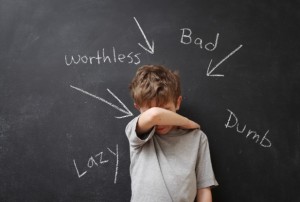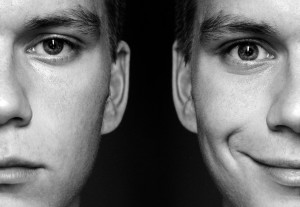POST TRAUMATIC STRESS DISORDER
Post-Traumatic Stress Disorder is a mental health problem which is caused by a terrifying occurrence, which could either be witnessed or experienced. Some symptoms might include chronic anxiety, nightmares, flashbacks and the likes.
A good number of people who experience traumatic events, usually find it hard to adjust and cope, however, when they take care of themselves, they get better in no time. If the symptoms exacerbate for a long period of time like months or years, then it could be PTSD.
PTSD symptoms could commence within the period of the traumatic event, and sometimes, it could be some years after the event.
A good number of times, these symptoms could induce great problems in work or social occurrences and relationships. They can also affect your ability to handle conventional daily tasks.
On a general basis, PTSD symptoms are categorized into four types: Intrusive memories, Avoidance, Negative changes in thinking and mood, changes in physical and emotional reactions.
The symptoms of PTSD could vary in intensity. If you are stressed, you could experience PTSD symptoms, or when you see reminders of what you experienced.

It is important for you to see a doctor if you continually experience Post Traumatic Stress orders. Some people usually feel it is easy for them to manage these symptoms on their own.
However, PTSD is a medical condition which is difficult to manage and hence, you need the intervention of a medical practitioner.
If you are still having disturbing feelings and thoughts concerning a certain event for more than a month, then you need to discuss with a doctor or a mental health specialist, who would help you to get your life back on track.
People who have PTSD usually have suicidal thoughts, and if you know anyone who has these, it is important you reach out to someone who can help.
You can also reach out to a spiritual leader, minister or someone who is like a counselor in the faith community. You can also reach out with a suicide hotline number, or make an appointment with a doctor.



